DevOps Leader Certification Training
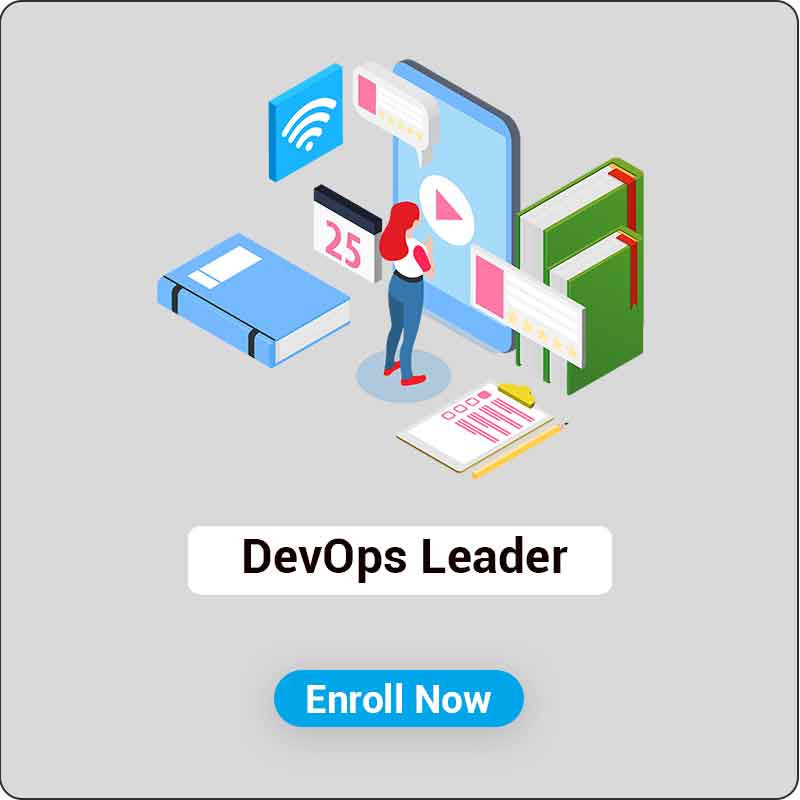
Course Features
-
16 Hours of Instructor Led Training
-
Certified and Experienced Instructors
-
Session recording access
-
Study materials and exam prep questions
-
Practice Questions
Learning objectives
The learning objectives include a practical understanding of:
-
DevOps and time to value
-
Mindset and mental models
-
Key differences between DevOps IT and traditional IT
-
Target operating models and organizational design
-
Performance management, rewards and motivation
-
Preparing investment cases
-
Focusing on value outcomes
-
Ideas for organizing workflows
-
Empowerment and participation
-
Defining meaningful metrics
-
Value stream mapping
-
Driving cultural and behavioral change
Target audience
-
Anyone starting or leading a DevOps cultural transformation program
-
Anyone interested in modern IT leadership and organizational change approaches
-
Business Managers
-
Business Stakeholders
-
Change Agents
-
Consultants
-
DevOps Consultants
-
DevOps Engineers
-
IT Directors
-
IT Managers
-
IT Team Leaders
-
Lean Coaches
-
Practitioners
-
Product Owners
-
Scrum Masters
-
System Integrators
-
Tool Providers
Prerequisites
An understanding and knowledge of common DevOps terminology and concepts and related work experience are recommended.
Duration: 01 hour
Number of Questions: 40 (Multiple Choice)
Pass mark: 65%
Open book: Yes
Delivery: Web-based
Languages: English, Brazilian Portuguese
Course Outline
- Define DevOps
- List the benefits of DevOps
- Describe ‘transformational leadership’ as a concept
- Describe how psychology and neuroscience influence DevOps
- Identify DevOps and other existing systems
- Describe shared goals
- Explain how to help people participate in DevOps cultures
- Describe value stream maps and mapping
- Describe how to measure important metrics in the DevOps methodology
- Differentiate between TOM and OD
- Describe how to integrate Agile and Ops
- Identify elements of Agile at scale
- Describe Spotify's organizational model
- Describe organizational change
- Explain how to broadcast outside of your organization
- Describe blended innovation

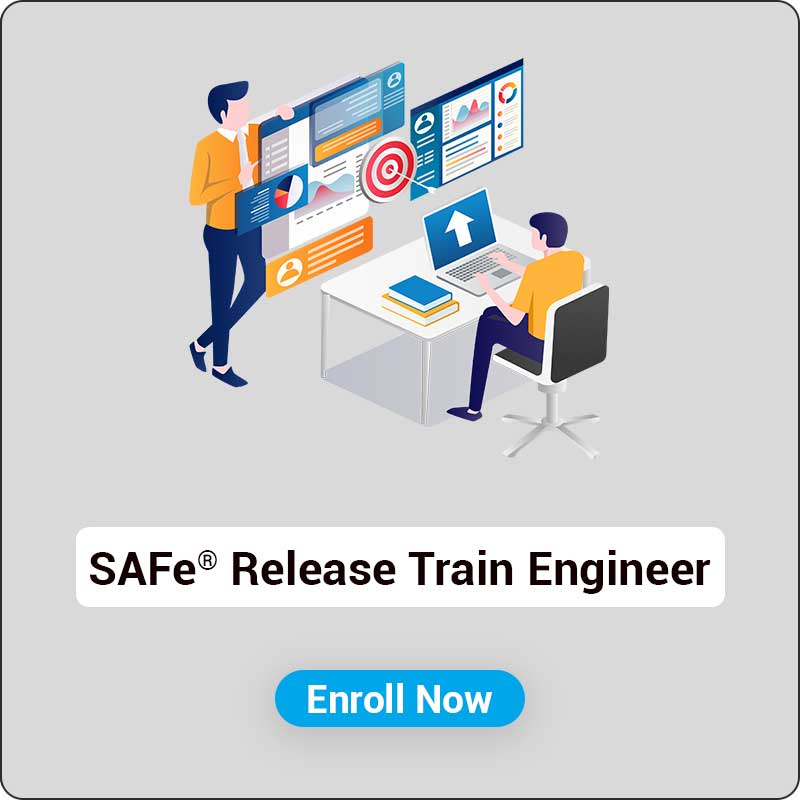
.png)
-practitioner.jpg)
-foundation.jpg)

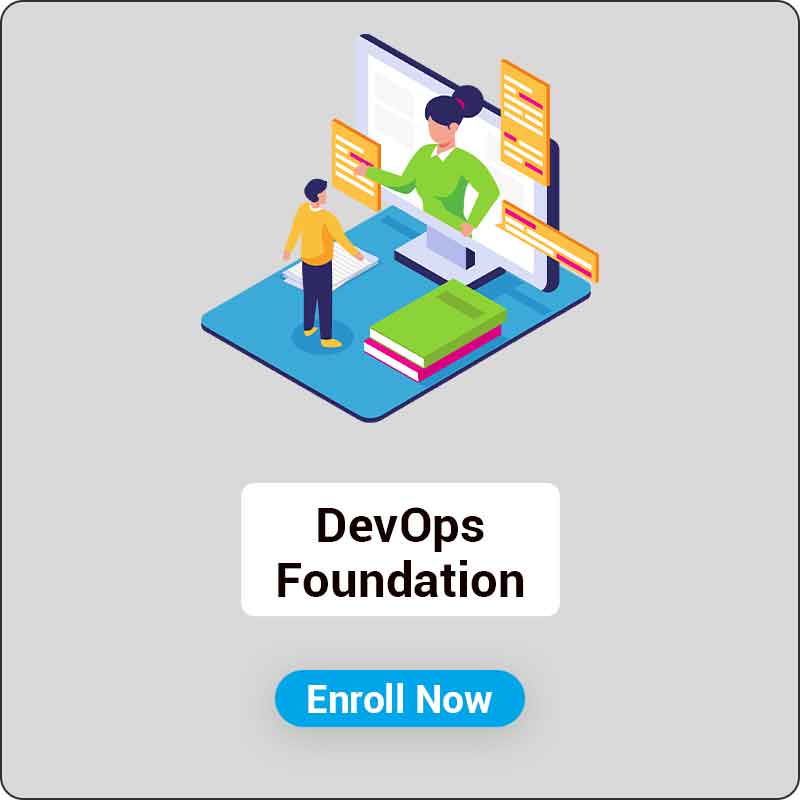
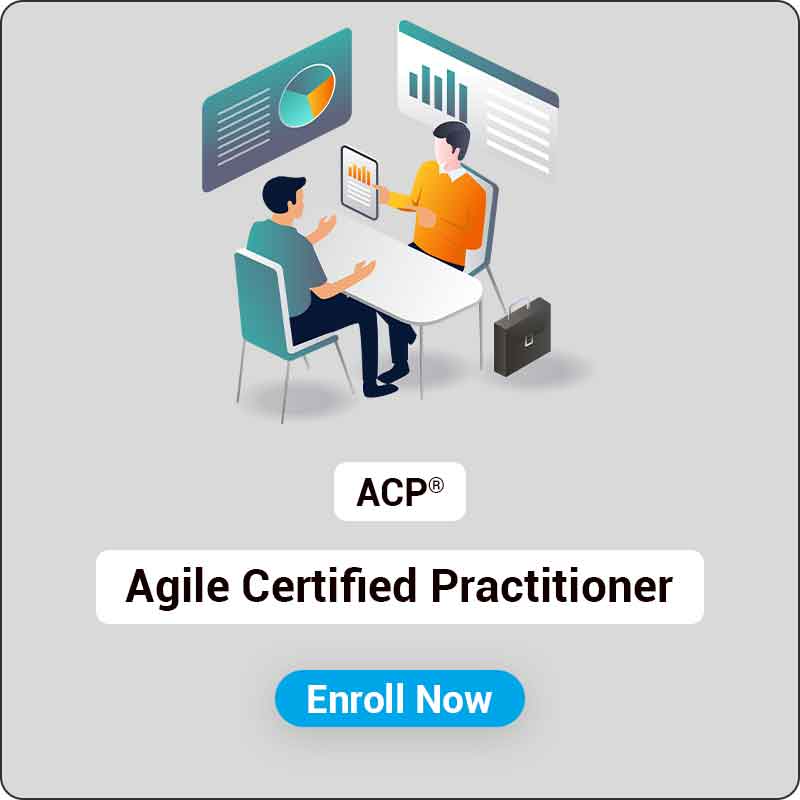
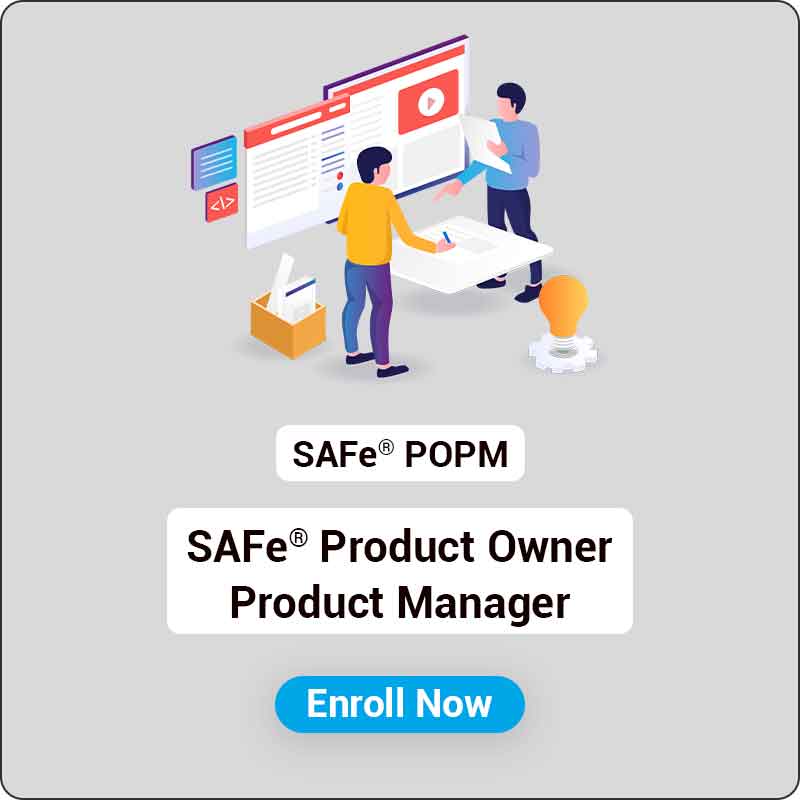
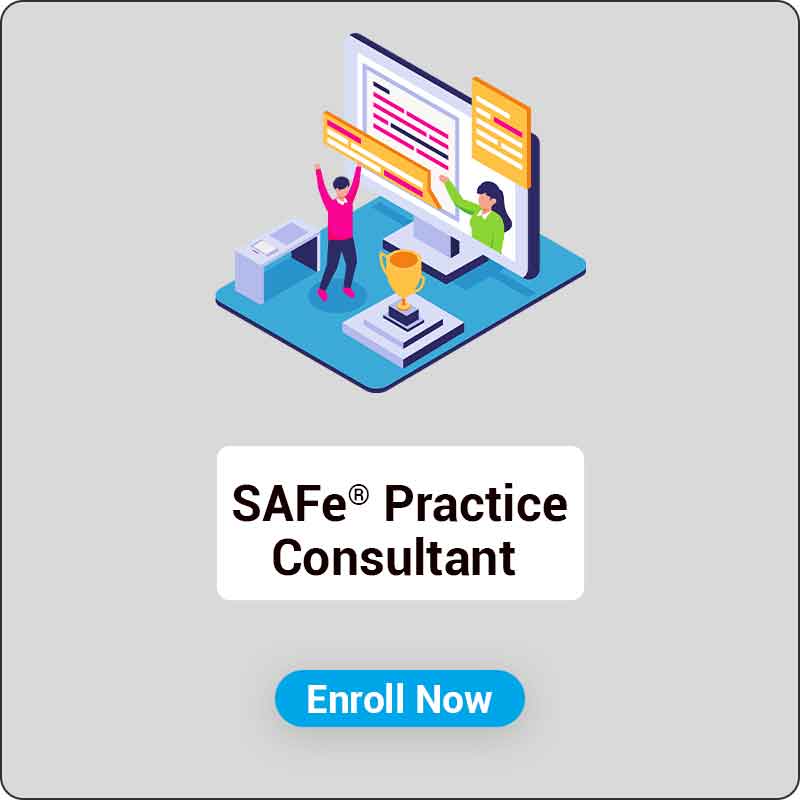
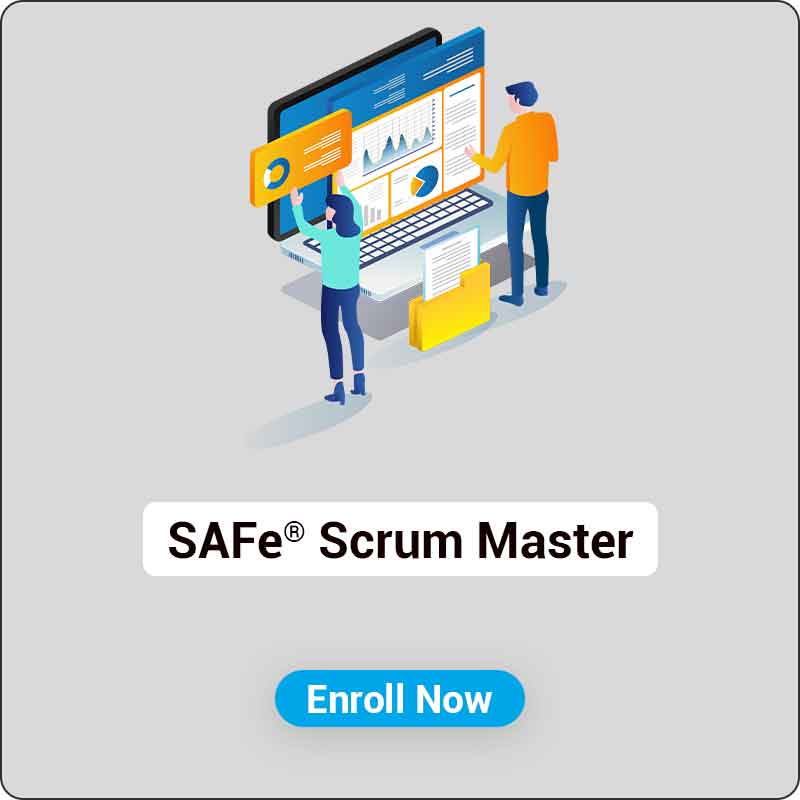

Student feedback
Reviews